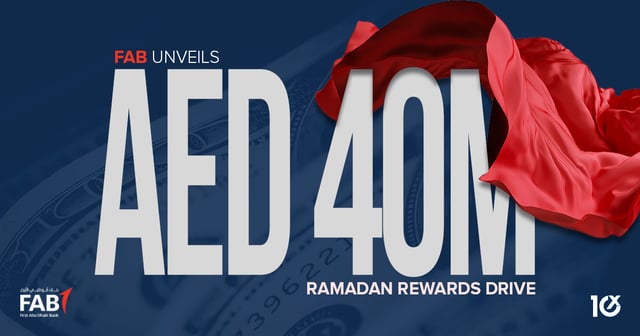Tiktok is making social media educational
When online platforms were introduced more than 10 years ago, they were touted for their reach, ability to connect people and make education accessible. Social media, such as Youtube and Facebook, were expected to do the same.
While they have given people the ability to use their platforms for such purposes, they haven’t themselves made a push into education or media that has an impact in society. At least until recently, when YouTube premium signed deals with certain educational channels. However, they’re geared towards more mature audience.
TikTok, a relatively new player in comparison to social media veterans such as Google and Facebook, has taken the lead to make an education push through it platform, starting with India.
The popular short video app from China has launched its educational programme in India, which not only expands its offering to one of its biggest markets, but also generates a new lucrative revenue stream as well as has the potential to improve its brand image in the country.
Earlier in 2019, TikTok was banned by the India’s Ministry of Electronics and Information Technology after Chennai High Court’s investigation determined that the app was used to promote illicit materials and activities. However, the ban was lifted soon after its implementation.
Owned by Bytedance, the world’s most valued startup, TikTok is threatening the Facebook empire in many markets. It has pushed Facebook to test out similar platform in Mexico, where TikTok is yet to make an entrance.
TikTok has announced that it is “working with a number of content creators and firms in India to populate the platform with educational videos,” reported Techcrunch.
It has partnered with Vedantu, Made Easy, Gradeup and Toppr — four edtech startups who will be producing content for the social platform.
Tiktok’s platform is expected to carry educational material from a range of topics, including maths and science, which are designed for the younger school-going audience.
“[The programme is aimed at] democratizing learning for the Indian digital community on the platform.
Recent months have seen over 10M such videos that have been produced and shared on the social platform, said Sachin Sharma, director of Sales and Partnerships at TikTok. He also revealed in a press conference in New Delhi that these videos have garnered over 48 billion views.
E-learning is certainly a big market, with a larger audience having access to smartphones and the internet. India has one of the lowest data prices in the world, which makes internet affordable to people even in the most remote parts of the country.
While Tiktok’s business strategy to enter the edtech sector is smart, the bigger question is whether its benefits can outdo the cons of school-level children and teenagers using the application and thereby potentially gaining access to mature and illicit content. Having said that, children today have access to personal mobile phones and many are smart enough to avoid parental controls.
Will TikTok “democratising learning” give more parents and children a reason to use the application, or will parents think it would be better to ban the application from use?






